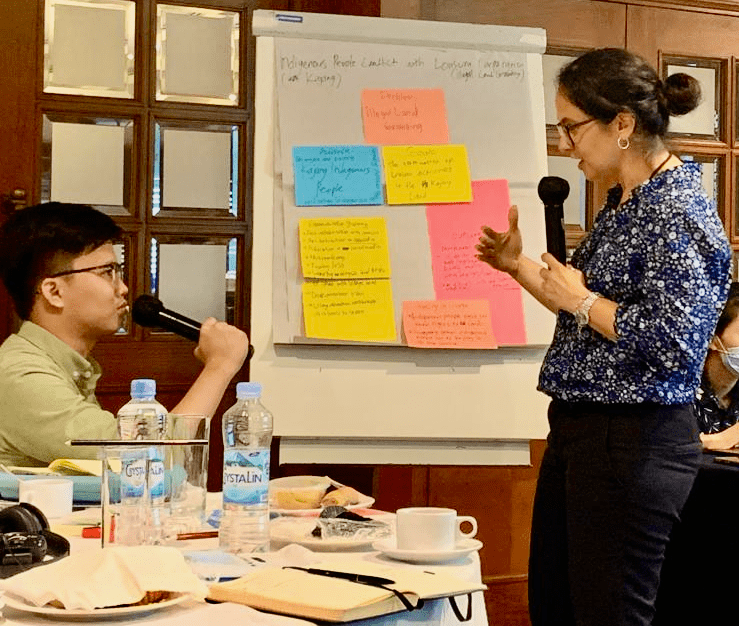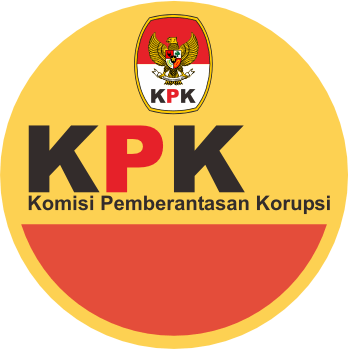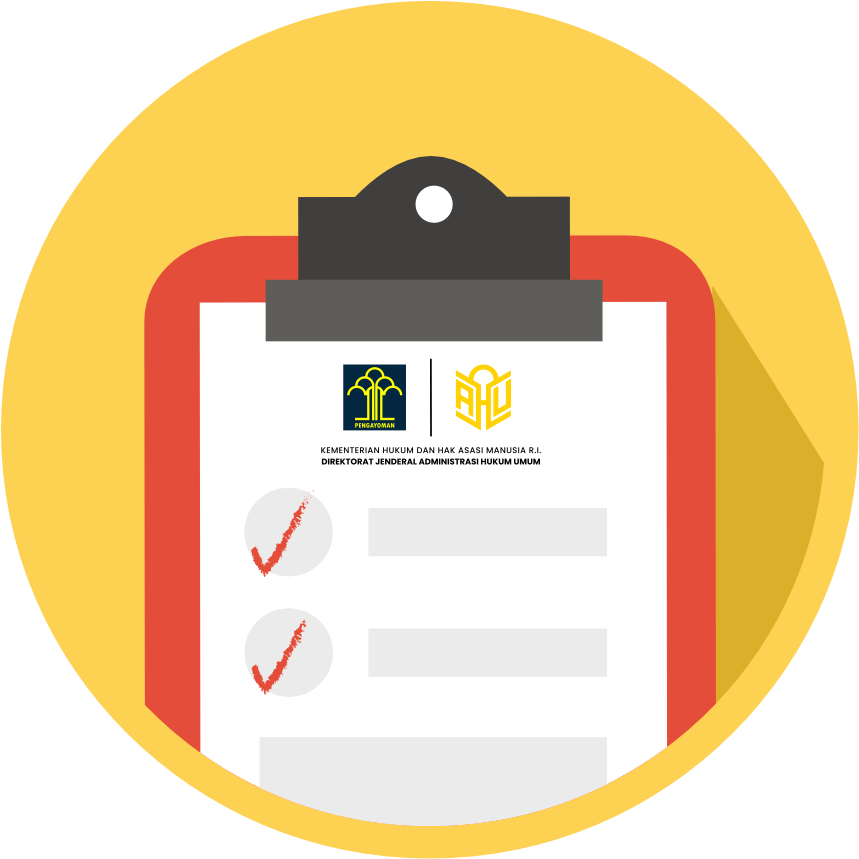

On September 8, the Basel Institute on Governance gathered leading Indonesian anti-corruption Civil Society Organizations (CSOs) to share international best practices in using strategic communications to drive corruption prevention programming and to refine approaches for the Indonesian context.
The workshop brought together 15 participants from KEMITRAAN, Indonesia Corruption Watch (ICW), and Transparency International Indonesia (TI-I), who together with the Basel Institute form the consortium implementing the Indonesia Integrity Initiative (INTEGRITAS), a new five-year, $10 million funded by the US Agency for International Development (USAID) on behalf of the American people.
Drawing upon their extensive international expertise and research, Basel Institute on Governance Head of Public Governance, Claudia Baez Camargo and Senior Research Fellow, Jacopo Costa, explained types of anti-corruption messages based on findings from research conducted in Indonesia, Tanzania, Nigeria, Costa Rica, Papua New Guinea, Mexico, and South Africa. In particular, they noted that research indicated campaigns that emphasize corruption as a widespread, systemic problem typically backfire and not only fail to motivate action, but have the unintended consequence of promoting apathy. Furthermore, campaigns that adopted a moral or ethical approach often failed to achieve their aims because they inadequately address other contextual factors driving corrupt behavior. Finally, they noted generic messages were less effective than carefully crafted specific messages.
Building from this analysis of successes and failures from other initiatives, Mrs. Camargo and Mr. Costa provided participants a theoretical approach for tailoring anti-corruption messaging and communications campaigns to the Indonesian context and to the goals of the USAID INTEGRITAS program. This approach focused on defining strategic communications goals, identifying target audiences, and formulating specific messages tailored to each audiences’ experiences and attitudes toward specific aspects of corruption.
Through small group work, participants were given the opportunity to apply this theoretical approach to their own strategic communications initiatives. ICW’s group designed a sample campaign focused on engaging indigenous groups to combat land-grabbing, whereas TI-I focused on political party finance, and KEMITRAAN designed a campaign to promote transparency in public university admissions processes.
Each group outlined target audiences, key messages, and calls to action as part of an overall theory of change, which was presented in a plenary session for peer feedback and input from Mrs. Camargo and Mr. Costa.
ICW Knowledge Management Staff, Ahmad Khuzaifi, said the workshop helped him to better understand how to craft anti-corruption messaging for ICW’s audiences, particularly in raising awareness about corruption cases in Indonesia.
“This strategic communication workshop conducted by USAID INTEGRITAS, I think is very beneficial for all of us, particularly in NGOs such as ICW, because our concern is about the issues of corruption in Indonesia. I learned a lot about methods of conveying the right message so that the public understands the issue of corruption. I have a brand-new perspective in regards to designing campaigns and awareness programs about corruption, particularly in Indonesia.”
With the skills and knowledge they learned in the workshop, the USAID INTEGRITAS consortium members are better positioned to utilize strategic communications in their activities. Aligning tailored messages to target audiences will enhance the consortium’s work to support policies and practices that reduce conflicts of interest, and improvements in public education, awareness and participation in corruption prevention.





